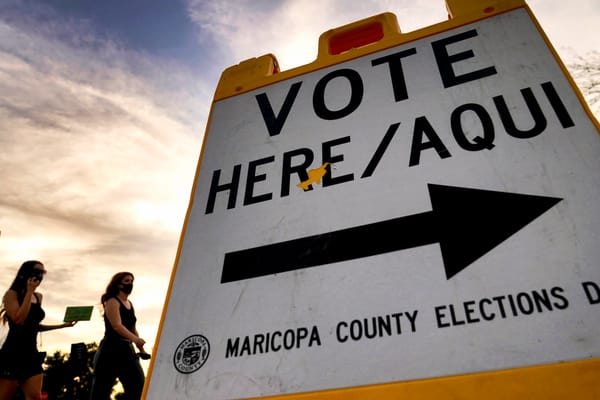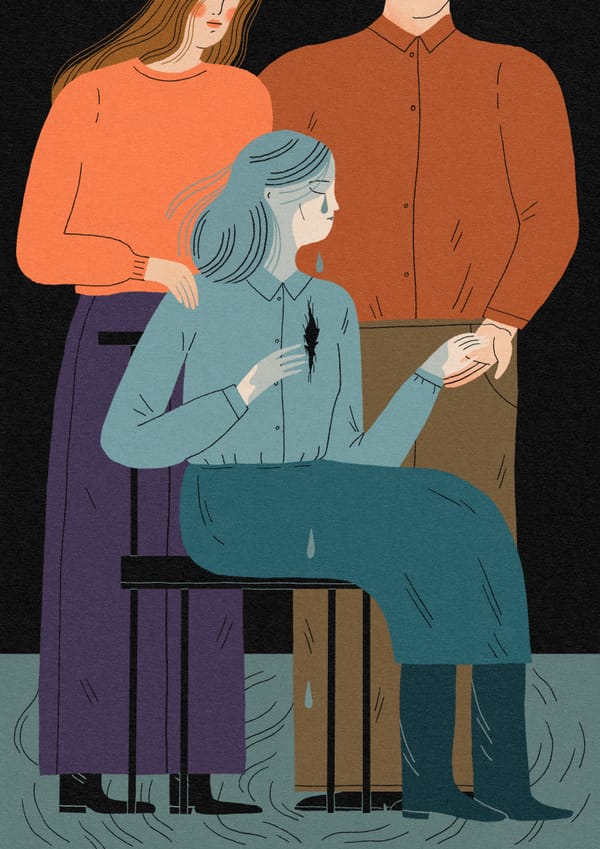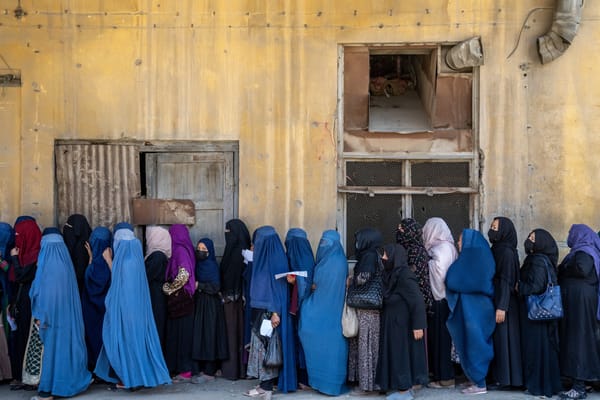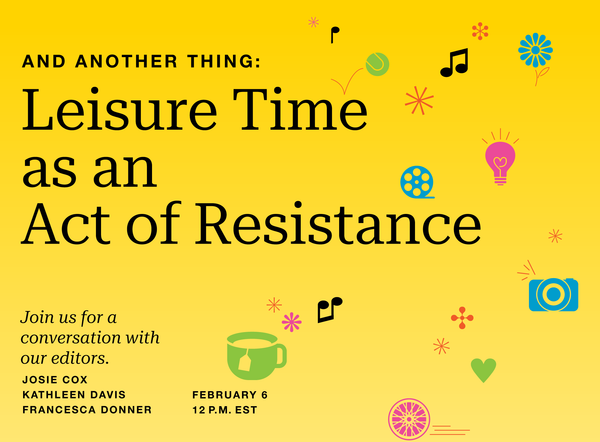The Pay Gap Has Always Been Bad. Now It's Getting Worse.
For the first time in over half a century, the gender pay gap in the U.S. has widened over two consecutive years.
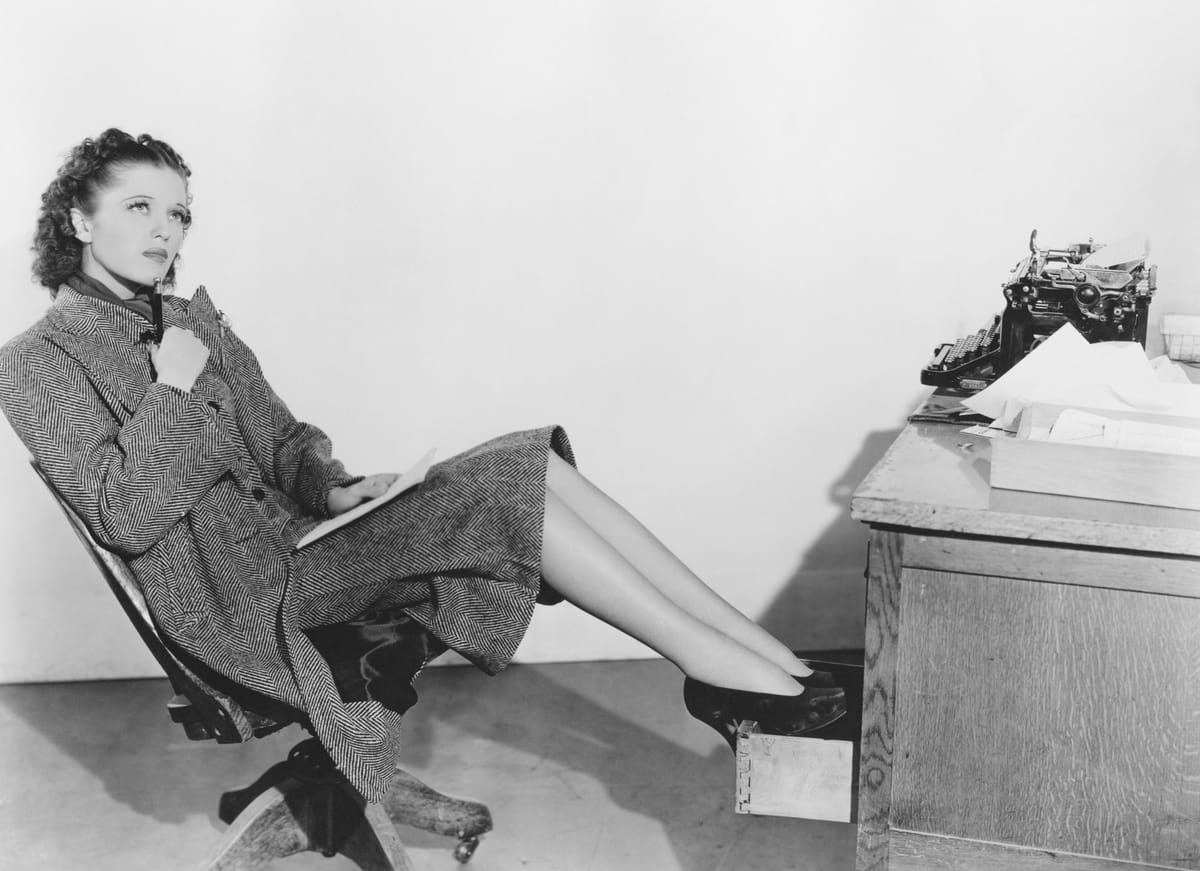
The gender pay gap in the U.S. has widened for a second consecutive year, underscoring the extent to which progress toward economic equality is not only stalling but being eroded.
On Tuesday, the Census Bureau published its annual report showing that in 2024, the average woman working full time, year-round in the U.S. was paid 81 cents for every dollar paid to an average man.
That’s down from 83 cents in 2023 and 84 cents in 2022. It’s also the first time since the bureau started tracking this data more than half a century ago that it has recorded two consecutive years of decline.
“At a time when women, including many mothers, are leaving the labor force at record rates, it is a five-alarm fire to see that the gender wage gap is widening for an unprecedented second year in a row,” said Emily Martin, chief program officer at the National Women’s Law Center.
'It is a five-alarm fire to see that the gender wage gap is widening for an unprecedented second year in a row.'
The backslide is particularly severe for Black women, who are also facing disproportionately high unemployment. According to government data released last Friday, the unemployment rate for Black women rose to 6.7% in August compared with 4.3% for the wider population.
Tuesday’s Census report shows that Black women working full time, year-round in 2024 were paid just 65 cents for every dollar paid to white, non-Hispanic men—down from 66 cents in 2023 and 69 cents in 2022. White, non-Hispanic women, meanwhile, were paid 77 cents for every dollar paid to white, non-Hispanic men. That was also down from 80 cents in 2023.
A flurry of pay equity advocates noted that the erosion of progress is a direct result of the Trump administration’s anti-diversity policies coupled with the government’s slashing of federal jobs—cuts that disproportionately affected women and Black women in particular.
"The Trump Administration's assault on workplace protections, dismantling DEI programs, and gutting civil rights enforcement, represents a coordinated effort to roll back decades of hard-won progress for workers,” said Deborah J. Vagins, director of the Equal Pay Today campaign, which is a project organized by the non-profit Equal Rights Advocates.


“Our policymakers have the power to ensure equity for all workers, to combat pay discrimination, to provide needed oversight of this Administration’s dismantling of civil rights agencies, and to lift countless families out of poverty by adopting policy solutions that address the key drivers of the wage gaps,” she added.
Rebecca Riddell, a senior policy lead on economic justice for Oxfam America, described the numbers as “shameful,” noting that the U.S. remains one of the most unequal rich countries in the world.
“The wealthiest among us continue to amass unthinkable fortunes, while millions of people live in poverty,” she added, predicting that under the Trump administration “things will likely only get worse.”
“Poverty rates and inequality are already too high, but they would certainly be far higher if programs like Medicaid and food assistance were not in place. Unless policymakers reverse President Trump’s catastrophic cuts, we should expect increased poverty, hunger and sickness in the years to come, all while the ultra-rich only get richer.”




